Have your story beta-read.
Here’s another reason why consulting with a professional is important. You can have them read over sections of your novel, if not the entire novel, to verify how accurate your descriptions are. When I wrote Pandora’s Succession, I knew that other than the average thriller fan, martial artists would be among my readers. For me to get them to become fans—and spread the word to others—it was important for me to make the fight scenes as realistic as possible. And it’s a good thing that I was acquainted with two professional martial artists—Wim DeMeere in Belgium and Marc MacYoung in Colorado—who were able to help me spot things that the average person, or author, wouldn’t. Keep in mind that professional agents and in-house editors are well educated. Don’t be surprised that they may know a thing or two about science, law, historical events, or the military. They’ve also read countless novels like yours and can easily spot a fake. When you’re a first-time novelist, you only have one chance to make a great impression. If you prefer to go the Indie route, your readers will act as your editors. You, as an author, will lose the number of returning readers if your subject matter or story is not up to par.
In another instance, you may not have written a novel with professional subject matter. For example, you may have written a fantasy novel about vampires, witches, or extra-terrestrials. I doubt JK Rowling sought out experts in witchcraft, unless she consulted with a history professor that specializes in the history of witchcraft and wizardry (which would be a smart move if she did). But in order to know how your story will fare with the general public, it’s a great idea to have the ordinary avid reader act as your beta reader. These readers are your test audience, and they are most effective when they are not close friends and family. Why? Because friends and family rarely are objective enough to tell you about any weaknesses your story may have because they don’t want to hurt your feelings. But if you can have a friend or a family member pass along your manuscript to someone that would be interested in the type of novel that you wrote, you can remain anonymous and have more of a chance at getting a more honest feedback. This will help you as a writer to learn from your mistakes. But it’s also important to be honest with yourself too. Some feedback you’ll agree with, and some you will not. But it’s important to read all of your feedback nonetheless. Who knows, you might even get an idea or two that could help you to improve. Oh yes, when you send them the manuscript, it’s important to remind them that it hasn’t yet been professionally edited, which comes in the next part.
Get your work professionally edited.
I once heard the saying, “If you put several editors in a conference room to discuss a novel, none of them will agree on what’s right or what’s wrong with it.” Or something like that. There’s some truth to that. An editor in the UK will have a different editing style than one in the United States, or even in Canada. One book that I recommend for all authors is the Chicago Manual of Style: \The Essential Guide for Writers, Editors, and Publishers. If you’re a serious author then you ought to buy a copy of that book for reference purposes. And whether you, as an author, decide to find an agent to be traditionally published, or if you choose to become an Indie author, it’s very important that you get your manuscript professionally edited—both for content and also for style. It may be costly, but in the end it is worth it if you plan to be taken seriously.

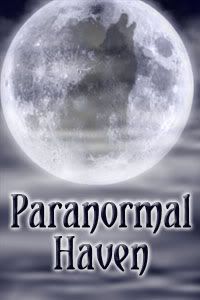
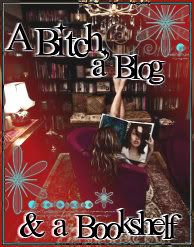

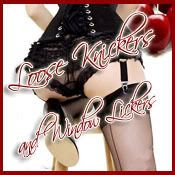
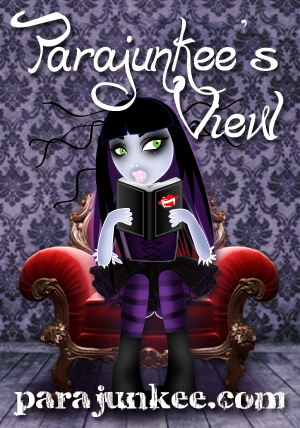
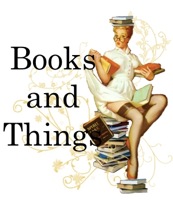





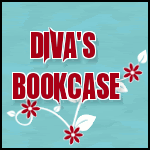







0 comments:
Post a Comment